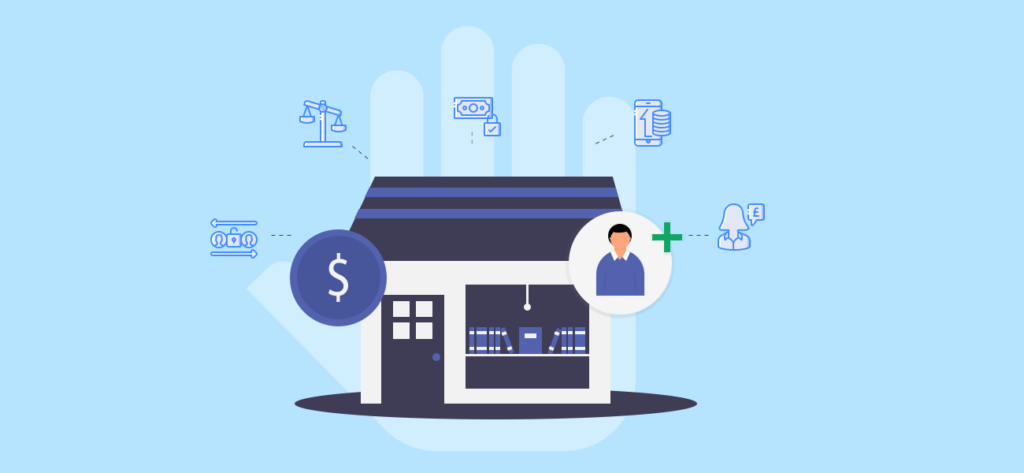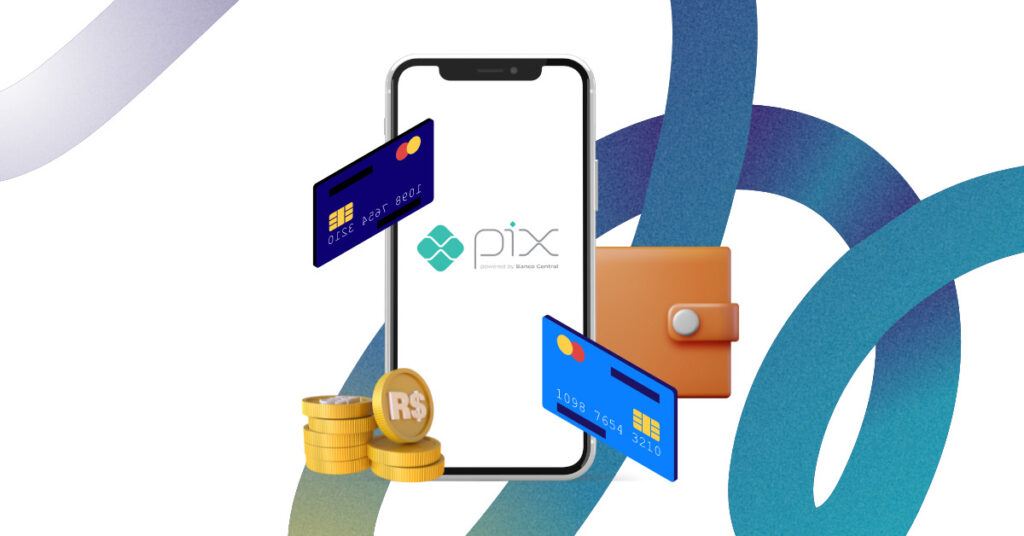Because of the rise in fraudulent and scam activities, more and more individuals are becoming extra cautious about disclosing their financial information to other parties. All of the major corporations and enterprises are attempting to devise methods of making safe payments without having to worry about their data being compromised. One of the most popular and secure methods has been presented by technology professionals and has been widely used.
The Payment Gateway is the name given to this system. The purpose of this article is to provide you with all the necessary information regarding this technique, including whether or not payments made during certain periods will be beneficial to your company in any kind. So, let’s get started.
What is a payment gateway?
Payment gateway for high-risk merchants is technology that enables businesses to accept payments made by credit and debit cards from their consumers. Through the facilitation of safe digital transactions, they assist not just online companies but also businesses with physical locations. Investment in a payment gateway not only protects your company from liabilities, but it also allows you to welcome new clients by accepting payments via a variety of ways. For companies looking to scale their business, a high-risk merchant account would be the best to save the merchant from greater risk of fraud.
How does a payment gateway work?
The payment gateway procedure is straightforward—especially if you invest in the appropriate technology or service provider. The following are the stages involved in the whole process:
Step1- An order is submitted by the client. There are many options for this, including online or at a physical shop, in which case you would be placing the order for them.
Step2- The data is encrypted via the use of a web browser. The information provided by the consumer (if they are buying online) is sent securely from their browser to the merchant’s web server using SSL (Secure Socket Layer) encryption.
Step3- It is the merchant’s responsibility to transmit transaction data to the payment gateway. This is also accomplished via the use of SSL encryption.
Step4- The transaction is sent via the gateway to the payment processor. The payment processor connected with the merchant’s acquiring bank is notified of the transaction details and receives them.
Step5- Once the transaction has been completed, the payment processor transmits it to the card association for processing. VISA and Mastercard are only a few examples of card organisations.
Step6- The transaction is verified by the bank that issued the credit card. If the request is accepted, the bank will acknowledge receipt of the request and provide a response number for the transaction. If your application is denied, the bank will give a reason, such as inadequate money, to explain why.
Step7- The issuing bank provides a response code to the payment processor, which the payment processor uses to complete the transaction.
Step8- The payment processor transmits the code to the payment gateway, which then sends it to the customer.
Step9- In order to complete the transaction, the payment gateway provides a code to both the business and cardholder.
Despite the many stages involved, the whole payment gateway procedure is completed in a matter of seconds rather than minutes. It is a safe and convenient method to take payments from consumers, regardless of whether they engage with your company online or in person.
What level of security does the payment gateway procedure provide?
One of the most significant advantages of utilising a payment gateway is the high level of security it provides. According to Pixelmattic, major card associations have established a set of regulations and security requirements, known as the Payment Card Industry – Data Security Standard (PCI-DSS or PCI), that must be adhered to by anybody or any organisation that has access to sensitive credit card information. All payment gateways, in turn, must satisfy these criteria in order for the service business to connect with payment processors. If they are not authorised, the service company will not speak with them. You will be shielded from any liabilities or fraudulent transactions as long as you are utilising a secure payment gateway for your business operations.
Importance of Payment Gateway
The importance of a payment gateway to any business and e-commerce website can be explained by a variety of factors. According to a research conducted by Shape Security, 90 percent of all login attempts to online stores and companies occurred as a result of unauthorised hacking efforts throughout 2018. Payment gateways are crucial for preventing hacking efforts such as this one, and they are particularly important for small and medium-sized companies.
The following are some of the most significant benefits that both large and small companies and eCommerce sites may get from the use of a payment gateway:
1. All the alternative online payments are accepted
A payment gateway is a tool that allows merchants and business owners to accept and process payments made using credit cards and debit cards, among other methods. It also opens the door for companies to accept alternative forms of online payment that may become accessible in the future. The increased number of payment alternatives makes it simpler for company owners to meet the diverse requirements and expectations of their customers.
2. The risk of Credit Card fraud is reduced
Payment gateways are primarily intended to reduce the occurrence and potential of online payment fraud, which is why they are so widely utilised. Payment fraud is a problem that online companies and merchants often face when processing transactions that require the usage of credit cards to collect payments from consumers. Using a payment gateway, companies may benefit from specific security measures that guarantee that both the operators and the purchasers have a safe and secure means of processing information, money, and the entire transaction.
3. Smooth site surfing
Some payment gateways provide a feature that allows companies to create unique checkout pages for their customers. Customers will no longer be required to be transferred to another website when placing purchases or making payments as a result of this.
4. Customer data is in safe hands
Security and encryption of consumer information are enhanced by payment gateways. Because of the increased level of client security, it is highly recommended as an additional layer of protection against online fraud for online companies. Businesses that use payment gateways often get positive feedback from the vast majority of their consumers.
5. Easy installation and maintenance
The fact that a payment gateway may be completely automated means that it does not need frequent maintenance or a hefty installation price. The majority of payment gateways simply need companies to establish an account before the software can be activated. Frequently, further software upgrades are planned, and companies are notified when it is time to upgrade their current payment gateway.
Where to find the best Payment Gateway?
There are a variety of payment gateway service providers accessible, and it is the duty of online company owners to identify and choose the payment gateway that best meets the requirements of both their business and their consumers. Furthermore, they must consider the safety of their website as well.
Payment gateways that are reliable and efficient should be equipped with SSL certificates issued by authorised organisations in charge of validating the gateway’s credentials to operate. Payment gateways must also be PCI-compliant and adhere to policies and procedures that ensure the security and privacy of customer information throughout all transactions.
The success of an online company may be guaranteed while at the same time ensuring that client pleasure is completely satisfied by carefully selecting a trustworthy and appropriate payment gateway. In addition, business owners may develop a checklist that outlines the requirements of their company and consumers, as well as their firm’s previous errors in online transactions, if this is beneficial.
Summary
We hope that this article has provided you with a good understanding of how Payment Gateway for high-risk merchants would work. If you would like some further insight on the best payment solutions available for your business, please don’t hesitate to get in contact for a free and non-obligatory consultation.




